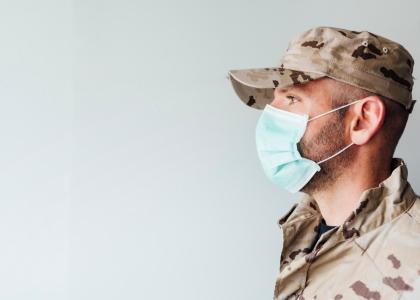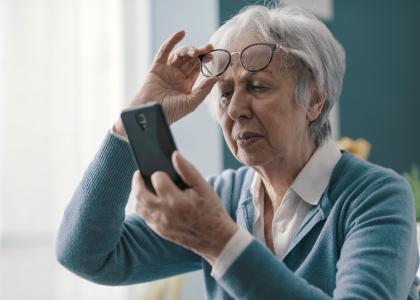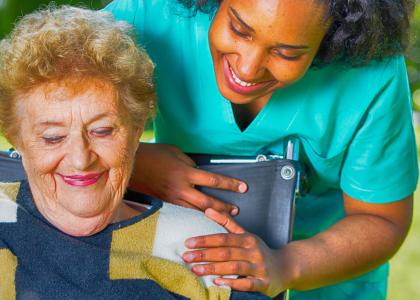Native Hawaiian or Other Pacific Islander
Advancing Research on Mechanisms of Resilience (ARMOR): Prospective Longitudinal Study of Adaptation in New Military Recruits

The overarching goal of this study is to improve our understanding of resilience processes related to the economic, social, and personal impacts of the COVID-19 pandemic and their downstream mental health outcomes in National Guard soldiers.
A New Database to Measure the Association Between Income, Race, and Mortality: Inequality in Longevity During and Beyond the COVID-19 Pandemic Disparities

This project will build a public database of mortality rates incorporating socioeconomic and demographic variables across the U.S. population. Researchers will be able to analyze the sources of disparate impacts of COVID-19 on mortality across subgroups, with the aim of understanding how to reduce health inequality.
CV Wizard: Does a Prioritized, Point-of-Care Clinical Decision Support Tool Improve Guideline-Based CVD Risk Factor Control in Safety Net Clinics?

This project will assess virtual care's impact on cardiovascular disease risk management in community health centers and the role of patient-facing clinical decision support tools during the pandemic. Specifically, it investigates how the shift to virtual care (VC) affects cardiovascular disease (CVD) risk management; the shift’s impact on existing health disparities in vulnerable populations; and whether CVD care in VC can be enhanced by the use of patient-centered clinical decision support tools.
StepWell: Stepped Care Mental Health and Substance Use Telehealth Services for COVID-19 Affected Patients

To meet the critical mental health challenges presented by the COVID-19 pandemic, this research will adapt and apply the Electronic Mental Wellness Tool (EmwT) that guides providers in screening patients for any mental health and substance use disorders (MHSUDs) and triaging patients to specific evidence-based treatments according to diagnostic categories.
CRISOL: Building Community Resilience and Integrating Efforts to Understand and Address Syndemic Health Conditions Afflicting Young Latino Immigrants

The goal of the project is to adapt, implement and evaluate a multi-level intervention to mitigate the multi-dimensional toll of COVID-19 among Latino immigrant communities in Philadelphia.
Bridging Gaps in Healthcare Services for New Families Due to COVID-19

This project aims to evaluate Nursery2Home, a patient-informed digital healthcare intervention that is is specifically responsive to the COVID-19 pandemic's impact on new families, with a focus on health equity for racial/ethnic minority and low income families.
Telehealth 2.0: Evaluating Effectiveness and Engagement Strategies for Asynchronous Texting-based Trauma Focused Therapy for PTSD

Digital mental health (DMH) interventions for PTSD address well-documented barriers to traditional in-person psychotherapy or telehealth delivery of evidence-based treatments (EBTs) for PTSD, but many consumers do not remain engaged. Thus, acceptable, efficient, and engaging forms of EBTs are sorely needed.
Assessing the Effectiveness of a Digital Platform to Support the Mental Health of Healthcare Workers in the Response and Recovery Phases of COVID-19

There is a critical need to develop and test scalable digital approaches which can identify, address and support the well-being of healthcare workers (HCW) over time and beyond the pandemic.
Impact of COVID-19 on Care Transitions and Health Outcomes for Vulnerable Populations in Nursing Homes and Home Healthcare Agencies (ACROSS-CARE)

The pandemic has disrupted care transitions from hospitals to home healthcare agencies and nursing homes, which may lead to important health outcomes consequences, including the widening of existing health disparities.
Increasing Peer Support for OUD Recovery during COVID-19 through Digital Health: A National Randomized Controlled Trial

This project uses a randomized controlled trial of a novel mobile peer support app platform among a national sample of 1300 patients in recovery from opioid use disorders (OUDs), as an adjunct to usual care, during COVID-19.